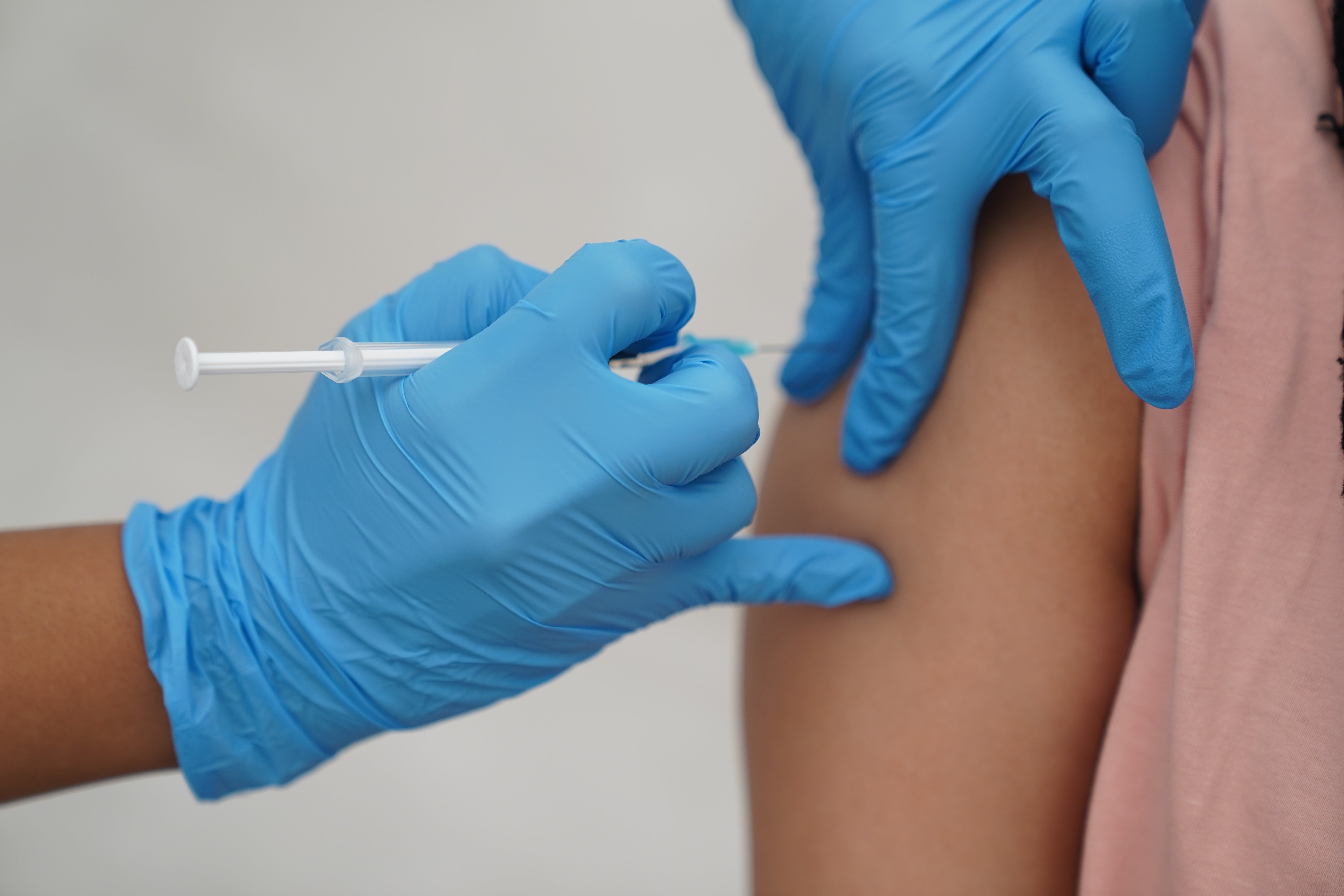Cervical cancer vaccine recipients may only need one smear test in their lives
Results from the HPV vaccine could change the screening program for cervical cancer.

Your support helps us to tell the story
From reproductive rights to climate change to Big Tech, The Independent is on the ground when the story is developing. Whether it's investigating the financials of Elon Musk's pro-Trump PAC or producing our latest documentary, 'The A Word', which shines a light on the American women fighting for reproductive rights, we know how important it is to parse out the facts from the messaging.
At such a critical moment in US history, we need reporters on the ground. Your donation allows us to keep sending journalists to speak to both sides of the story.
The Independent is trusted by Americans across the entire political spectrum. And unlike many other quality news outlets, we choose not to lock Americans out of our reporting and analysis with paywalls. We believe quality journalism should be available to everyone, paid for by those who can afford it.
Your support makes all the difference.The HPV vaccine is leading to such dramatic reductions in cervical cancer that those who receive it may only need one smear test in their lives, according to a leading cancer prevention scientist.
The academic director of King’s Clinical Trials Unit Professor Peter Sasieni said that the screening programme – which currently needs to be performed every three to five years – could soon change due to the encouraging results from the new HPV vaccine.
He told BBC Radio 4: “This is really exciting…. (The HPV vaccine) protects against even more types of the virus, and I think with that probably one screen would be enough, maybe two, over a lifetime.”
In the meantime, Cancer Research UK is still urging people to come forward for screening.
According to the BBC, nearly all cases of cervical cancer are caused by human papillomaviruses – known as HPV – and there are more than 100 types.
As the virus is spread by close skin-to-skin contact, the vaccine is ideally given before a person becomes sexually active.